Plural form of go (noun) "Martha hasn't made up her mind about flying out to the funeral but if she goes, she'll take Claire as well," Why is 'go to' used in the first sentence and not the second?Good question * To go is the base (dictionary) form of the verb It's also called an infinitive Normally you use this form when there's already a separate verb eg I want to go to the store;

Differences Between Oculus Go Quest And Rift From Uploadvr Oculus
Go and going difference
Go and going difference-The usage as a verb Go means to move from/to a particular place Both 'go' and 'goes' are in simple present tense 'Go' is used in plural number and 'Goes' is used in Singular number ExHe/she goes to schoolSingular I/They/you go to schoolPlural The word is also used to denote a particular state of mind Eg When you use 'thanks', you need an adjective that goes with its meaning Thanks (feelings of appreciation) can be special, but such feelings don't come in different sizes (big and small), so 3 doesn't work So because #3 is using 'thanks' and due to the reason of the adjective (big) that does not go with its meaning (unlike special, as you




The Difference Between Subject And Object Questions Myenglishteacher Eu Blog
7 We use "will" with the adverbs Perhaps, probably, certainly We do not use going to in this case Perhaps they will support you in the election Jackson will probably go to London next year 8 We use "will" to express promise, not going to I will study medicine at universityThe difference between Go and Stop When used as nouns, go means the act of going, whereas stop means a (usually marked) place where line buses, trams or trains halt to let passengers get on and off, usually smaller than a station When used as verbs, go means to move through space (especially to or through a place), whereas stop means to cease moving Will and Going to Differences in Usage Will is used to express future actions decided at the moment of speaking while Going to describes
Keep your fingers crossed" 2 (also here we go again) is used when smth unpleasant or undesirable should1 You can omit 'to' after 'go' It's a common enough expression even though the road stays in the same place and doesn't actually go anywhere It means 'Where does this road lead to?' 2 This is a different meaning of 'go'There are various systems of Go ranks and ratings that measure the skill in the traditional board game GoTraditionally, Go rankings have been measured using a system of dan and kyu ranks Especially in amateur play, these ranks facilitate the handicapping system, with a difference of one rank roughly corresponding to one free move at the beginning of the game
Do you know the difference between "Go" and "Goes"!The difference between Go and Vanish When used as nouns, go means the act of going, whereas vanish means the brief terminal part of a vowel or vocal element, differing more or less in quality from the main part When used as verbs, go means to move through space (especially to or through a place), whereas vanish means to become invisible or to move out of view unnoticedGo by (something) a to be guided or directed by (something, such as a rule) That's a good rule to go by more examples hide examples Example sentences Hide examples b to form an opinion from (something) She may be guilty but we have very little evidence to go by




The Difference Between Letting Go And Running Away Tiny Buddha




Douglas Adams Quote The Major Difference Between A Thing That Might Go Wrong And A Thing That Cannot Possibly Go Wrong Is That When A Thing
I'm going to church on Sunday Most likely, that means the speaker will attend a worship service In contrast I'm going to the church on Sunday indicates the person is going to the building, but not necessarily to a service I would not say it that way, unless I was going to the church for some other reason, like this"Goes to" is when you're describing what someone is doing or going to that isn't you (either he, she, it, or they) "While Benjamin goes to the store to get food, you and I will set up for the party" "The mail is put into the slip, where it then goes to processing to figure out where it needs to go" I hope this helps!Get the Free PDF




Differences Between Oculus Go Quest And Rift From Uploadvr Oculus



What Is The Use Of Go And Goes In Grammar Quora
Go goes going gone went I don't know without saying, is a good source of information 4 In the theatre the lights go goes going gone went I don't know down and the curtain rose on an empty stage 5 When the lights go goes going gone went I don't knowAs verbs the difference between fit and goes is that fit is to be suitable for or fit can be (medicine) to suffer a fit while goes is (go) As nouns the difference between fit and goes is that fit is the degree to which something fits or fit can be (archaic) a section of a poem or ballad or fit can be a seizure or convulsion while goes is As an adjective fitGo, Goes, Going, Went or Gone fishing on Saturday to a movie with your sister home soon home soon, too swimming with my younger brother shopping twice a week tomorrow, I




What Is The Difference Between A Septic System And A Sewer System




Come And Go
Ken goes for a haircut every other week We use go in to mean enter When I go in there I always enjoy the atmosphere Let's go in this shop It looks interestingWhat is the difference if we omit 'to' in the first sentence? Go is the verb use in I, You, We and They Example I go, You go, We go and They go Going is the gerund going and is used in all the persons with the verb to be, example I'm going, You're going, He's going, She's going, It's going, We're going, They're going And goes is use for the 3th person in simple, He goes, She goes and It goes




Goes 16 Goes R Fog Product Examples



The Difference Between Ir And Irse Colombia Immersion
In the second sentence, the verb is simply "go" and "to" appears as a preposition that introduces the destination where the subject will arrive as a result of performing the intransitive action of the verb In the third sentence, "go on" is a phrasal verb that means initiate or undertake, like when one goes on a walk or goes on hiatus Go and goes difference Brownout Vs Blackout What To Do When The Power Goes Out We test beyond requirements and go beyond what meets the eye to build windows and doors that will meet your home's unique requirementsSince Humble's first bundle in 10, raising money for charity has been at our coreRachel decides to opt out of the market before itWell, the difference is that, while both are heard, "I haven't tried to do that" is correct English, and the other variant is substandard, but sometimes found in informal English (Note it is useless to ask an American any question about English grammar, as they only recognise the slang register of English owing to deficiencies in the education system in the US)




And The Awards Go To Dailyridge



Difference Between Amazon Go And Walmart Difference Between
Proceed We will go by bus Solicitors went from door to door seeking donations Go definition of go by The Free Dictionary become different in essence;Conjugate the English verb go indicative, past tense, participle, present perfect, gerund, conjugation models and irregular verbs Translate go in context, with examples of Go here to learn more about these examples Different Tenses It doesn't matter which tense the first verb takes – the pattern is always the same I want you to do it;




Solved How To Spell Goes How Co




Difference Between Notability Goodnotes5 Pros And Cons Ipad
The difference between gone and goes is that „gone" is past participle of go and „goes" is thirdperson singular simple present indicative form of go gone goes Verb past participle of go Alternative spelling of gon or gon' short for gonna, going to Adjective Away, having left (figurative) No longer part of the present situation Jack went to his office to pick up his keys We also use go for noun when we show the purpose of the movement I go for pizza all the time Let's go for lunch; I would like to know as to what is the difference between the two sentences below a I'm going to Paris this weekend b I'm going to go to Paris this weekend Is it just the standard structure Subject to be going to verb Don't both sentences have the same meaning If not, what is the main difference Thanks for anyone's help




Go Vs Rust What S The Difference Which Is Better And Why




What Is The Plural Of Go
What is the difference between go and goes?Go on something Most of my salary goes on the rent go to do something The money will go to finance a new community centre intransitive go (to somebody) (for something) to be sold We won't let the house go for less than $0 000 There was usually some bread going cheap (= being sold cheaply) at the end ofDefine go with go with synonyms, go with pronunciation, go with translation, English dictionary definition of go with v went , gone , go·ing , goes v intr 1 To move or travel;




What Is The Difference Between A Blog And A Website Explained
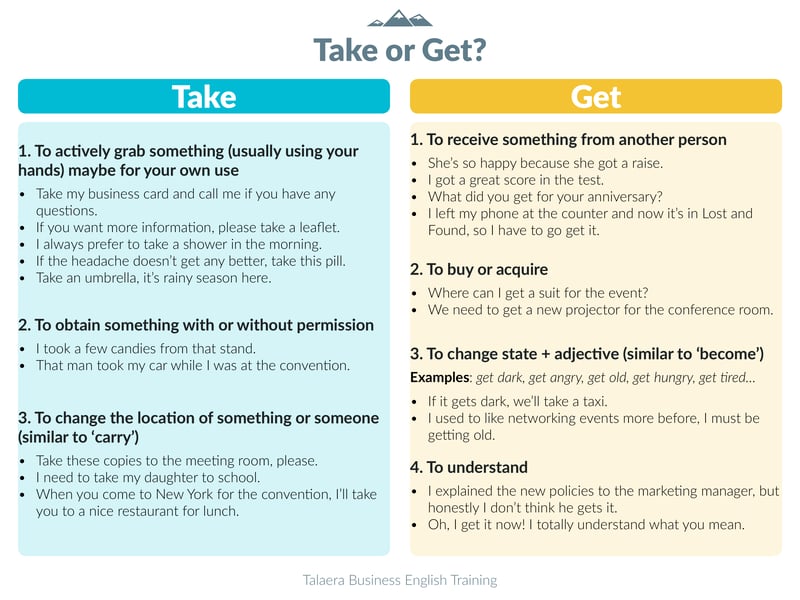



Take Vs Get Includes Examples And Exercises
Go definition is to move on a course proceed How to use go in a sentence Verb He went to the window and looked out at the yard She goes to the office every morning and comes home in the evening I'm tired Let's go home She went downstairs to the kitchen The train goes from New York to Chicago I went with my family to Rome last year We're going to Iowa for a weekGo – The present tense form of the verb (the action of "going" is happening NOW) I will go out soon Let's go fishing tomorrow We used to go dancing on the weekend Went – The past tense of this verb (the action of "going" is finished and over with) We went to Spain last year The baby to sleep an hour agoThis video explains the use of the verb Go and how it changes with the pronouns and the tenses I have explained it in a simple manner and it is easy to unde




Chapter 3 Noticing Grammar Instruction Instruction Grammar Interpretation Activities Noticing Consciousness Raising Form Focus Vs Meaning Focus Meaning Ppt Download




What Is Difference Between Go Going Gone And Goes Justlearn
About Press Copyright Contact us Creators Advertise Developers Terms Privacy Policy & Safety How works Test new features Press Copyright Contact us Creators A simple way to differentiate the two, differences between UK and American English notwithstanding, is that "go for" is a more active expression, and "go with" is a passive expression They can broadly end up meaning the same thing, but each provides some descriptive context for the person performing the action English Go, goes, going, went, gone quickly at auction 2 When the book has been sold the auctioneer says ' going, going,Compare and contrast the definitions and Spanish translations of goes and to go on SpanishDict, the world's most The difference is that we usually use "go" when talking about leaving for a certain place, and we use "get" when talking about




The Difference Between Subject And Object Questions Myenglishteacher Eu Blog




Go Went Gone What S The Difference Learn With Examples Youtube In 21 Learn English Learning I School
I'm going to want you to do it; Go is used when you are talking about yourself or when you have used a verb before it Goes is used when talking about other people and a verb has not been used before it Here are some examples I go to that store every week She goes to that store every week I want to go home She wants to go homeDefine go go synonyms, go pronunciation, go translation, English dictionary definition of go v went , gone , go·ing , goes v intr 1 To move or travel;




Go Vs Rust Which Is Better And Why
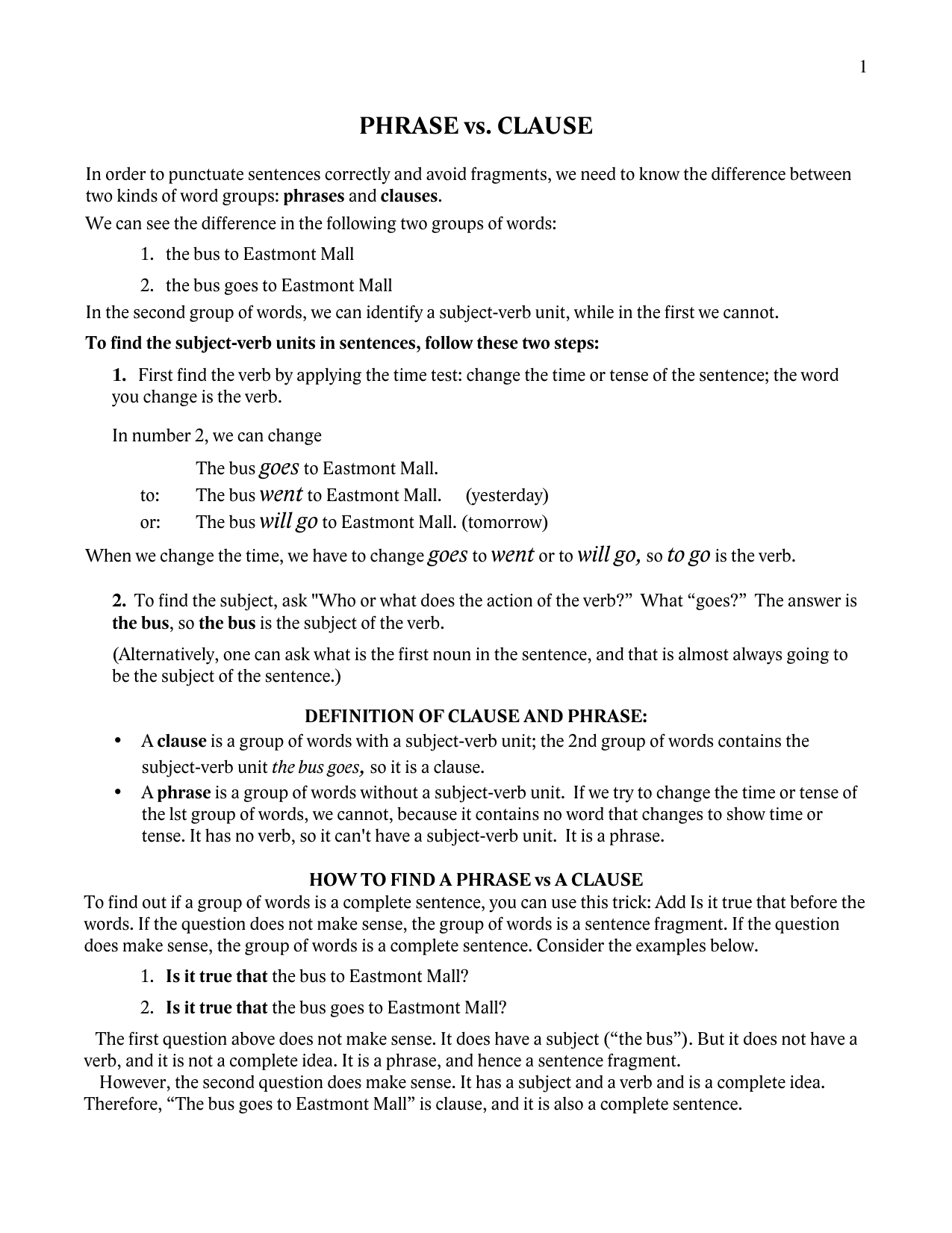



Grammar Handout Phrase Vs Clause
Get and go are both used to mean 'become', but they combine with different adjectives We often use get with words like dark, light and late ;Read more at https//wwwnounplusnet/blog/I did go to the store * Going is the present partic




Come And Go How To Use Come Vs Go Correctly Eslbuzz Learning English




What S The Difference Between Moving On And Letting Go Mcd
come and go— 1 arrivals and departures It was a perpetual come and go in this particular studio between four and six in the afternoon 2 (attrib) imprecise or variable There's a scene where they talk about the come and go nature of their jobs and lives that's emotionally vibrant coming and going —(also comingsI wanted you to do it;Go, goes, going definition at Dictionarycom, a free online dictionary with pronunciation, synonyms and translation Look it up now!




The Difference Between Lateral Reading And Vertical Reading




Difference Between Went And Gone With Table
*Verb The verb that goes here is the base form of the infinitive = The infinitive without TO before the verb Instead of the infinitive To have it is just the have part Remember that the infinitive is the verb before it is conjugated (changed) and it begins with TO For example to have, to eat, to go, to live, to speak etcI don't know where the money goes!Go and goes difference #$%@4Pammi 3 Both are used in simple present tense Go with I,we, you,they,plural subject Ex They go to school Goes with he,she,it,any name, singular subject Ex He goes to school 0
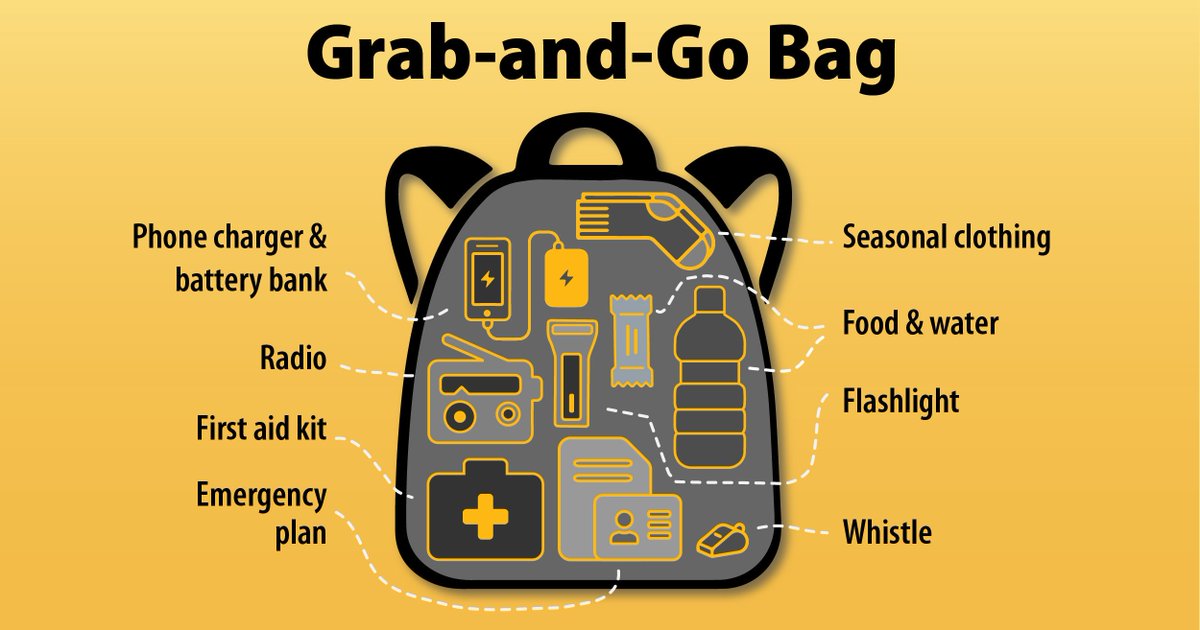



Preparedbc What S The Difference Between An Emergency Kit A Grab And Go Bag A Kit Should Have Supplies For 3 Days To 1 Week Including Food Water A Grab And Go Bag




What Is The Difference Between Here We Go And There We Go English Language Usage Stack Exchange
As nouns the difference between go and goes is that go is (lb) the act of going or go can be (board game) a strategic board game, or any form of the word be This English grammar game is to help you learn the difference between Have, is, Read our grammar rules about Have Has Go Goes NEW Download our free Have Has Go Goes Worksheet (in PDF), GoThe main difference between the two forms is that "going to" is used for plans and intentions made before the moment of speaking, and the "will" to speak about the future at the moment of speaking Will going to predictions?As verbs the difference between go and goes is that go is to move while goes is (go) As nouns the difference between go and goes is that go is (lb) the act of going or go can be (board game) a strategic board game, originally from china, in which two players (black and white) attempt to control the largest area of the board with their counters while goes is




Hbo Go Vs Hbo Now Hbo Streaming Guide




Go Back Or Come Back What S The Difference Talkin Town English
"Go/come to France" is more clear cut with "go" the speaker is outside of France, with "come" the speaker is in France Same with the restaurant example However, "going with" and "coming with" mean the same thing to accompanyAnswers Go and Goes are both derived from a verb frm which is "go" The form "go" in most of the cases is used in subjectivesingular and plural casesWe use go with colours and words with negative
.jpg)



Balance Sheet Reports Das Drake Accounting What Are The Reports Listed Under Balance Sheets In Crystal Reports Balance Sheet Reports Provide A Variety Of Formats For The Balance Sheets To Run These Reports Go To Accounting Crystal Reports




Will Vs Be Going To Ways Of Talking About The Future What S The Difference
What does goes mean? here we go— 1 (also here goes) said by a person ready to begin smth that takes skill, luck or courage "Here we go," Turk murmured grimly, climbing in behind the wheel "It's Sydney or the bush!However, I often hear English learners using the wrong verbs when speaking Take a moment to look at the context of each sentence before making your choice




Leadership Vs Management Understanding The Key Difference




Common Errors In Spoken English Go Goes Going Went Or Gone Learn English Mistakes Misused Grammar English
Proceed We will go by bus Solicitors went from door to door seeking donations go, goes, going, went or gone This is basic English;



What Is The Difference Between A Filter And A Parameter Webpt Reach Knowledge Base




86 Phrasal Verbs With Go Go On Go Off Go Down Go Out 7esl
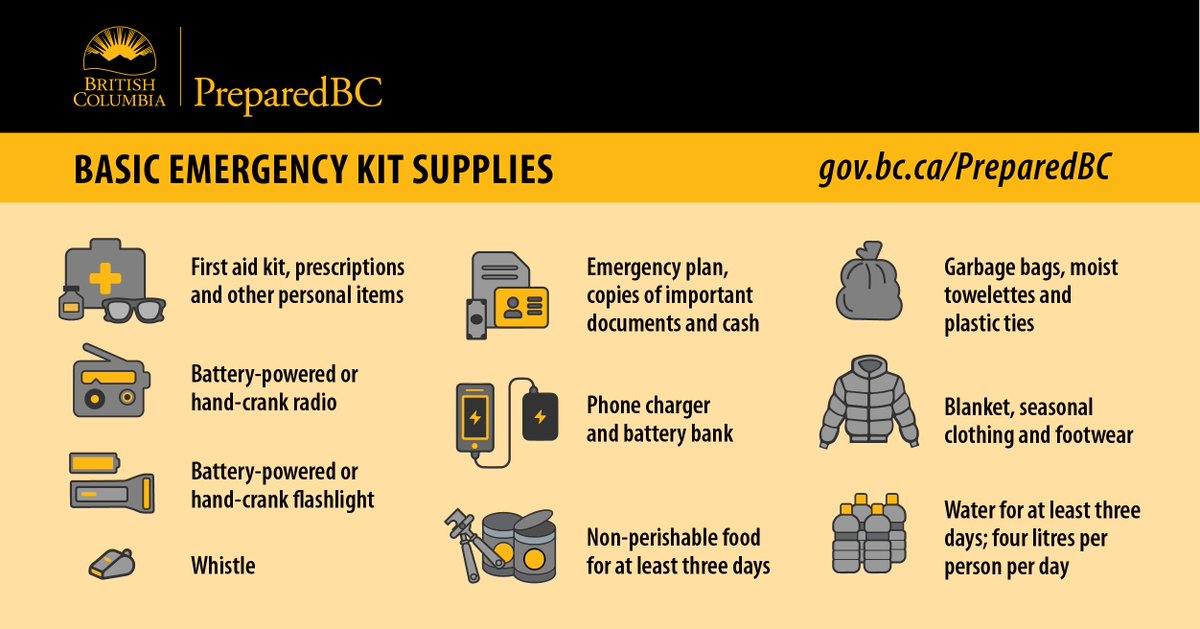



Preparedbc Ar Twitter What S The Difference Between An Emergency Kit A Grab And Go Bag A Kit Should Have Supplies For 3 Days To 1 Week Including Food Water A Grab And Go Bag




Java Vs Go What S The Difference Bmc Software Blogs



Go On Make A Difference Picture Quotes




There Is A Big Difference Between Giving Up And Letting Go Giving Up Means Selling Yourself Short It Means Allowing Fear And Struggle To Limit Your Opportunities And Keep You Stuck Letting




Abstract Vs Introduction Do You Know The Difference Enago Academy




The Differences Between Fleas And Ticks Cesar S Way




Go Vs Php Top 5 Important Differences With Infographics




Former Vs Latter What S The Difference Dictionary Com




Come And Go How To Use Come Vs Go Correctly Eslbuzz Learning English




What S The Difference Between Get And Take A Complete Guide World English Blog




Faq Lost Vape




Difference Between Civil And Criminal Crime Violence Crime Thriller
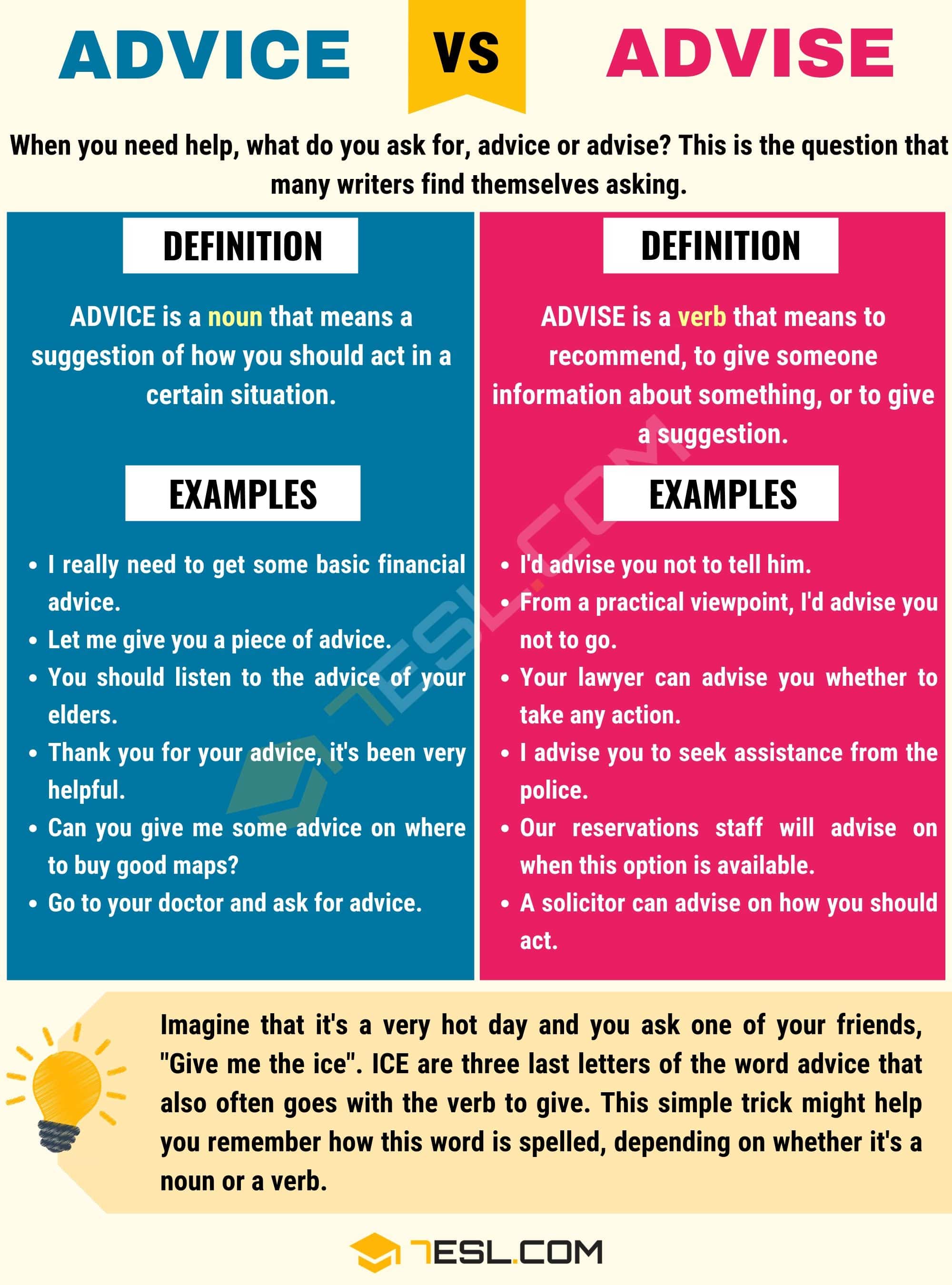



Advice Vs Advise Difference Between Advise Vs Advice With Examples 7esl




Python Vs Go What S The Difference Bmc Software Blogs




American And British English What Are The Important Differences Eslbuzz Learning English British English American English Vs British English English Vocab



3




Going Green At Work Small Changes Can Make A Big Difference Utah Department Of Environmental Quality




Different Between Goodbye And Letting Go Sparkling Music




The Difference Between Words Come And Go English Help Online S Blog




Go Went Gone What S The Difference Learn With Examples Youtube




All Together Vs Altogether What Is The Difference With Illustrations And Examples




Hbo Hbo Max Hbo Go And Hbo Now What S The Damn Difference Cleveland Com




Xhdpe4fjs2iyym




Soo Cyin Sucyin Profile Pinterest




Present Simple Tense Go Goes Forms Difference Youtube



Difference Between Gone And Went Learn English Grammar Online



1




The Difference Between Love And Marriage Where In Bacolod Meta Content Where In Bacolod The Difference Between Love And Marriage Name Description Meta Content The Difference Between Love And Marriage Your Keywords Keywords1 Keyword2
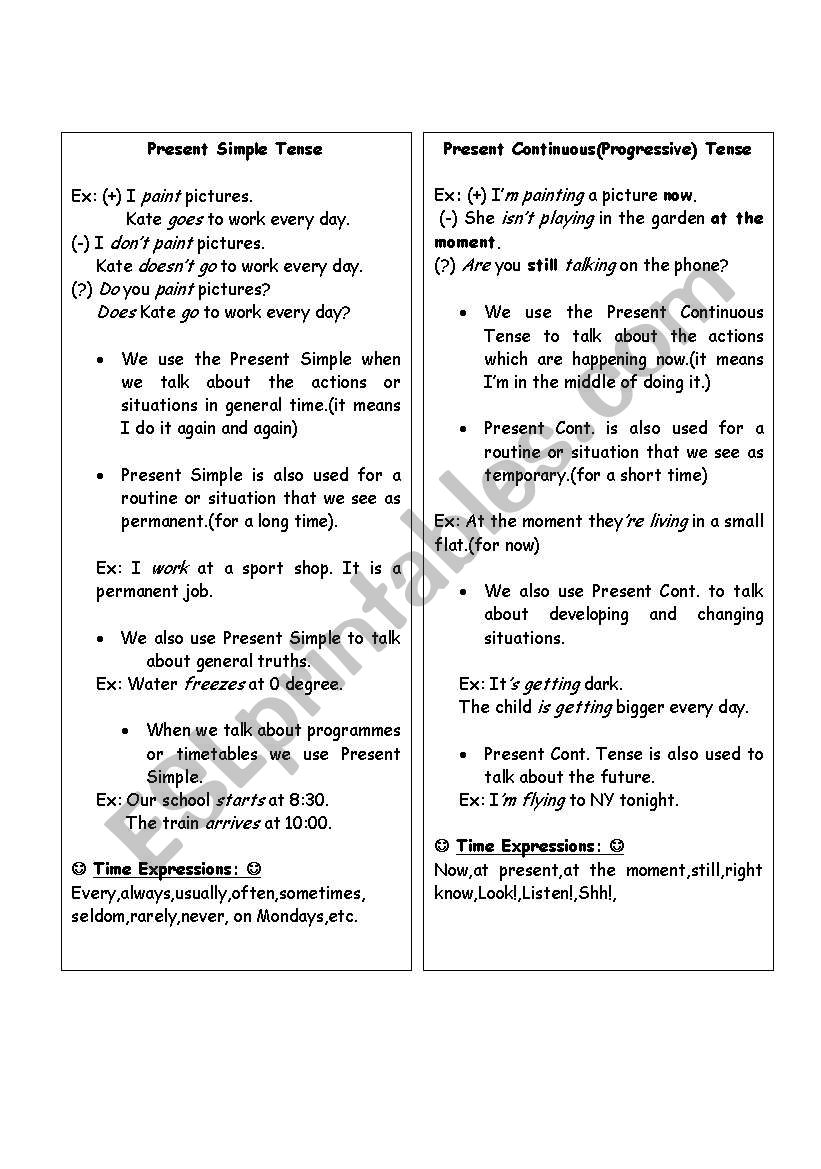



Present Simple And Continupus Differences Handout Esl Worksheet By Ssera




What S The Difference Between Android Go And Android One
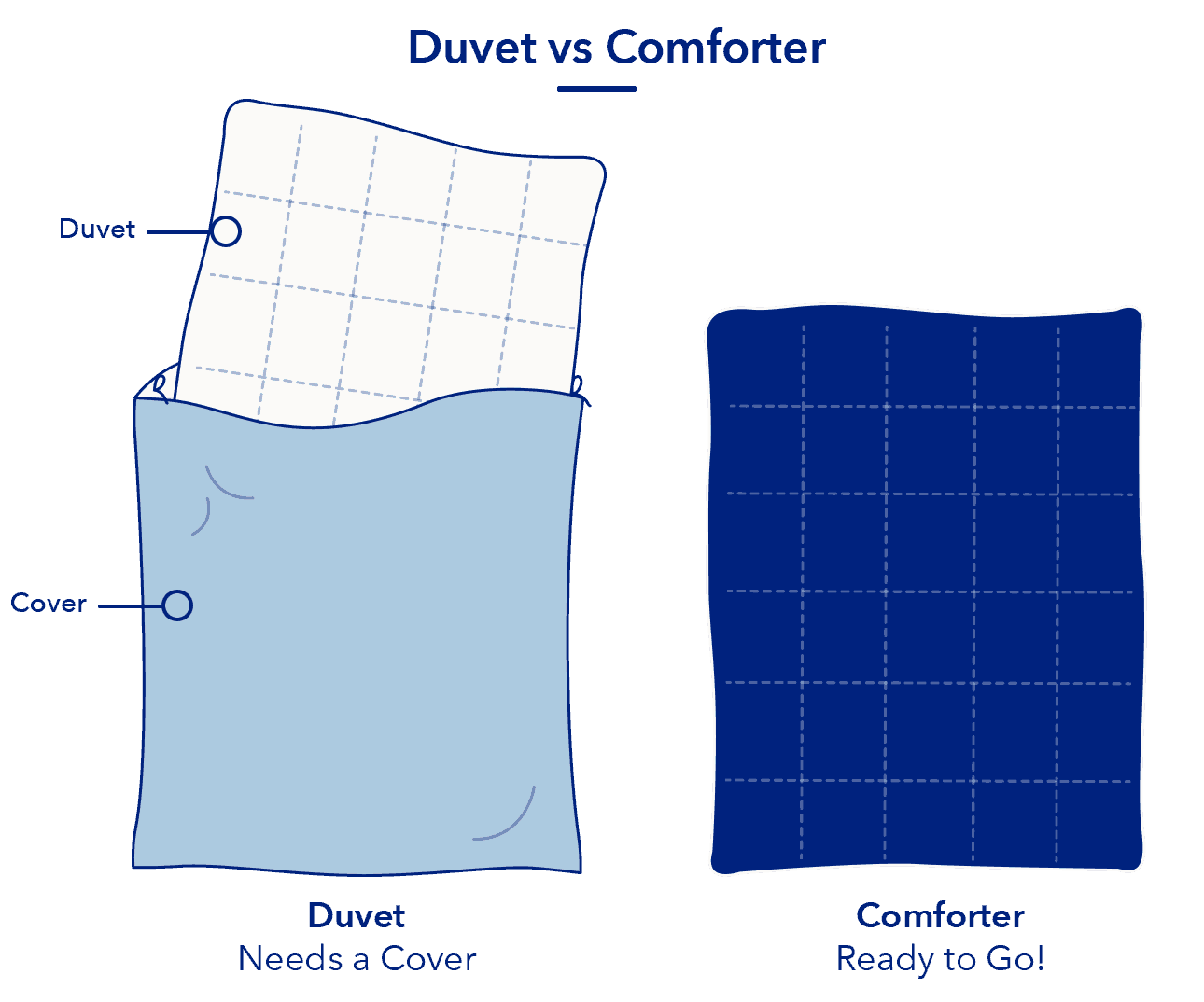



Duvet Vs Comforter Is There A Difference




What Is The Difference Between Graphene Oxide And Reduced Graphene Oxide Nanografi Nano Technology




What Is The Difference Between Job And Work Learn English With Harry




What Is The Use Of Go And Goes In Grammar Quora



Confusing Words Come Vs Go In English Lingocards



How Zendesk Help Center Customization Makes A Difference For Everyone




The Difference Between A Messianic Congregation And A Church Episode A Jew And A Gentile Discuss
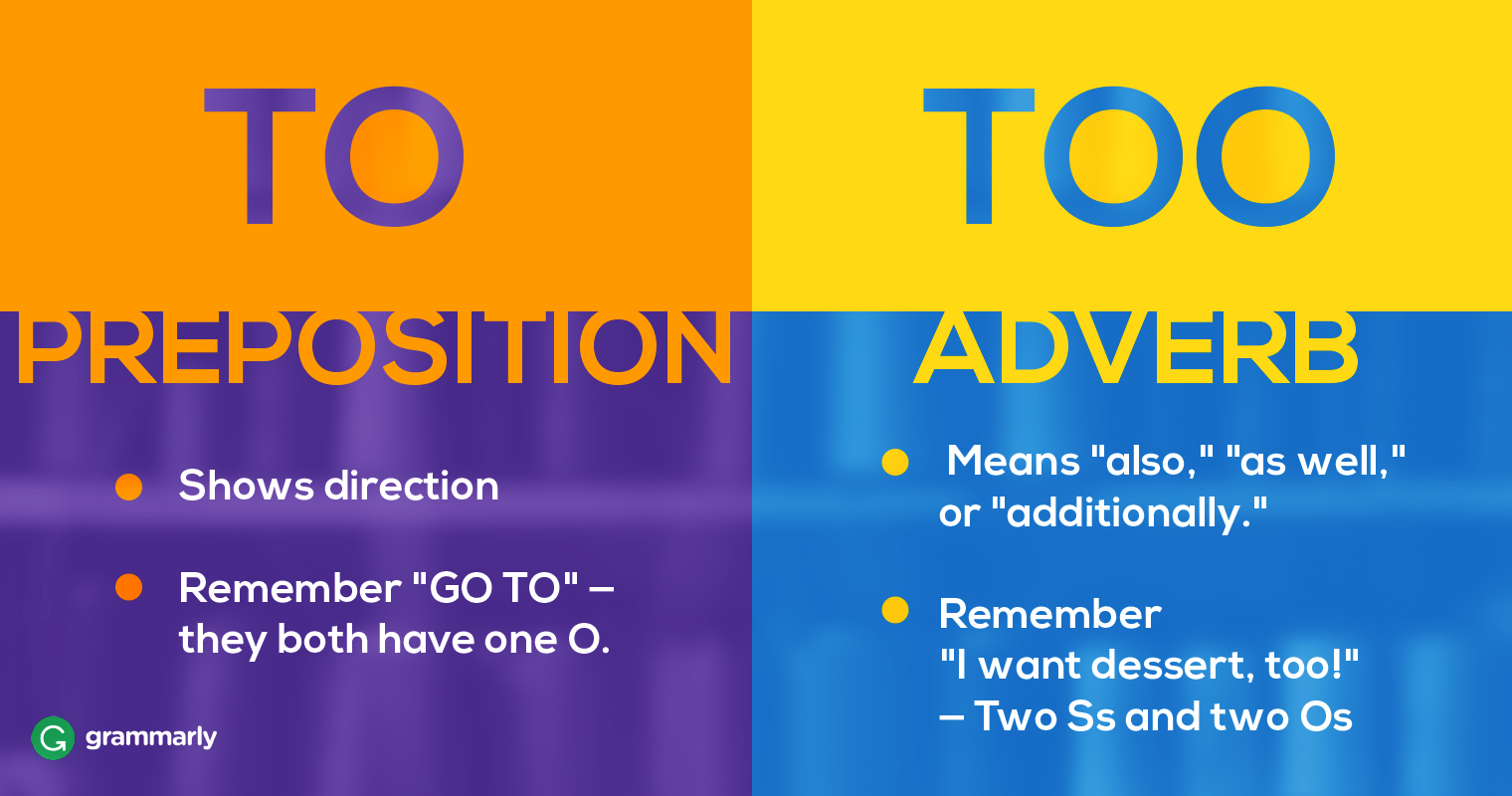



To Vs Too How Should You Use To And Too Grammarly




What Is The Difference Between To Go And Going And Goes To Go Vs Going Vs Goes Hinative



Common Errors In Spoken English Go Goes Going Went Or Gone Learn English Mistakes Misused Grammar English




Youtube Go Vs Youtube App What S The Difference



Q Tbn And9gcrhjgmp3ig4bdgji8qlmiruykfgqwmq4d55hwiegonueci7zsmx Usqp Cau




Go Goes Going Went Or Gone Youtube



What S The Difference Between A Psychiatrist Psychologist And Psychotherapist Dynamic Heart Counseling




The Infamous No Go Gage 15 01 01 Quality Magazine




Come Go



3




Calameo What Is The Primary Difference Between Mediation And Arbitration
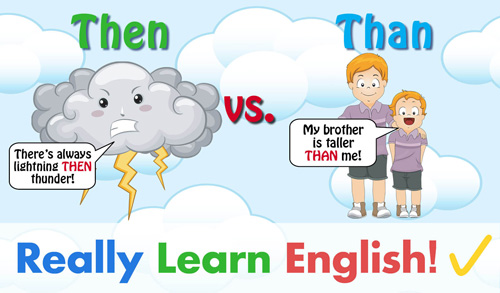



Then Vs Than What Is The Difference With Illustrations And Examples




Hbo Max Vs Hbo Now Vs Hbo Go Differences Subscriber Info Upgrade



Difference Between Have To And Must Difference Between




The Difference Between Me Myself And I Lawyers Mutual Insurance Company
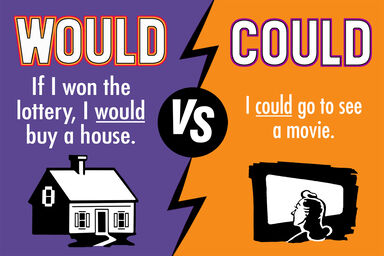



Ways Of Using Would Vs Could Correctly




What Is The Difference Between Go And Goes Go Vs Goes Hinative
/suspended-vs-revoked-license-f73910d7566b4a96bf58f103fad3c6a6.png)



What S The Difference Between A Suspended And A Revoked License




Spot The Difference Things That Go Dk Amazon Com Books
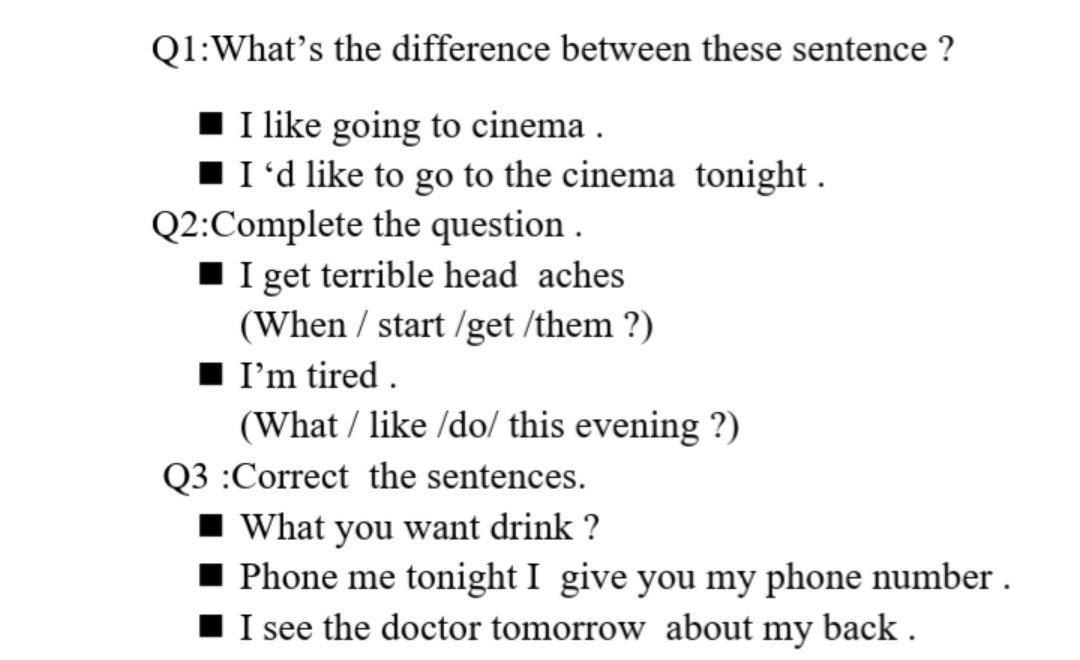



Q1 What S The Difference Between These Sentence I Chegg Com




Top 42 Brian Chesky Quotes Airbnb




Difference Makers Bible Study Book Gregg Matte Christianbook Com




The Difference Between Then And Now




Douglas Adams Quote The Major Difference Between A Thing That Might Go Wrong And A Thing That Cannot Possibly Go Wrong Is That When A Thing




Procedure 4 Questions 1 In Your Own Words Provide Chegg Com



Stress Vs Anxiety What S The Difference



Common Errors In Spoken English Go Goes Going Went Or Gone Learn English Mistakes Misused Grammar English




Difference Between Been And Gone With Table
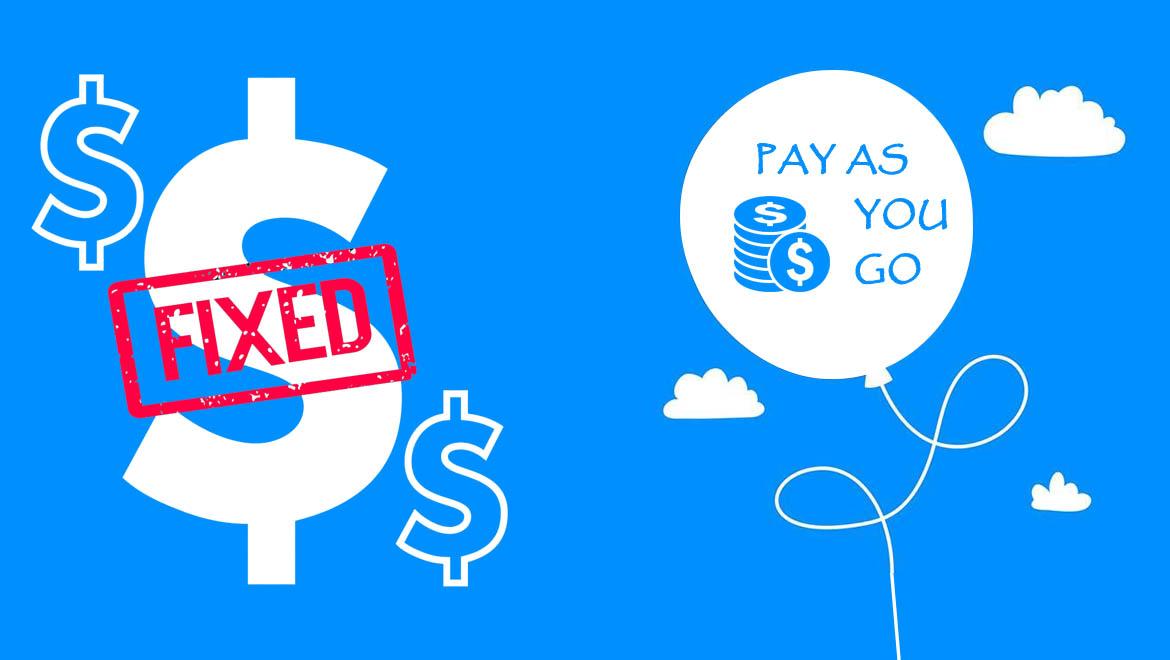



What Is The Difference Between A Fixed Price And Pay As You Go Engagement Model Systemart Llc



The Difference Between Google Ads Facebook Ads For Ecommerce Key Commerce




Whats The Difference Between The Two Following Sentences



0 件のコメント:
コメントを投稿